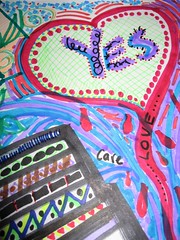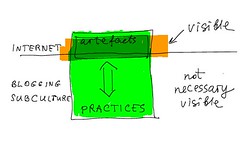MindCamp 2.0 Wrap Up

We finished up the collaborative drawing at MindCamp 2.0 just as we broke. There are folks with better cameras who will flicker their pictures so we can read the notes included in the image - including the group's feedback at the end of highlights and things to consider next time. I've tried to put them in sequence so you can see the image emerge on MindCamp 2.0 Collaborative Drawing - a photoset on Flickr.
I wanted to capture my hightlights too, before I took a nap. (MMMMMMM.)
* I went with a tweaked back and sore right wrist. Kate Dumortier of Unwind was offering chair massages Saturday evening and she was heaven sent. If you own a company in Seattle or London, check out her corporate stress management program. It gave me back energy so I could continue to enjoy the evening and pain free! This is an unsolicited and greatful plug!
* Sessions that set the stage for 2-5 minute short rounds of ideas and presentations. Jumpstarting the brain is great.
* Sitting in and recording the session on early programming languages. What, you say? Yeah, I'm not a programmer. What was cool was to listen as this group of programmers went around the room and told stories of when they first started programming (1958 was the earliest, latest in the 80's), what programming language, machine, debugging processes etc. You can find the audio here. (Click on the link "Programmer's Stories" - 13 MB).
* Dinner and breakfast - Wow, thanks to Microsoft for sponsoring great food. The catering crew was also very friendly, down to earth and top notch. (Lisa Dupar Catering)
* The fact we got our act together to recycle. 200 box lunches creates a mass of waste without recycling. Cans, water bottles - at Camp 1.0 we did not pull it off. This weekend we did and I'm thankful.
* The Youngstown Cultural Arts Center staff and the facility. Wow!
* The small group who joined Gabriel Shirley and I to help us think about a site for those looking to use and support change methods with technology. More on that later.
* AND, most important, the people. The people. The people. I'd still like to see more women and other diverse aspects, but again, I enjoyed everyone I met!
THANKS!
Tags: mindcamp, mindcamp2.0, seattlemind

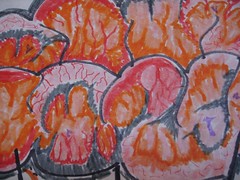



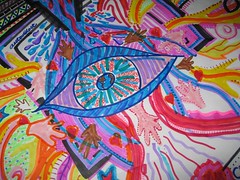

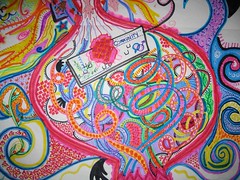
 Photo by
Photo by 